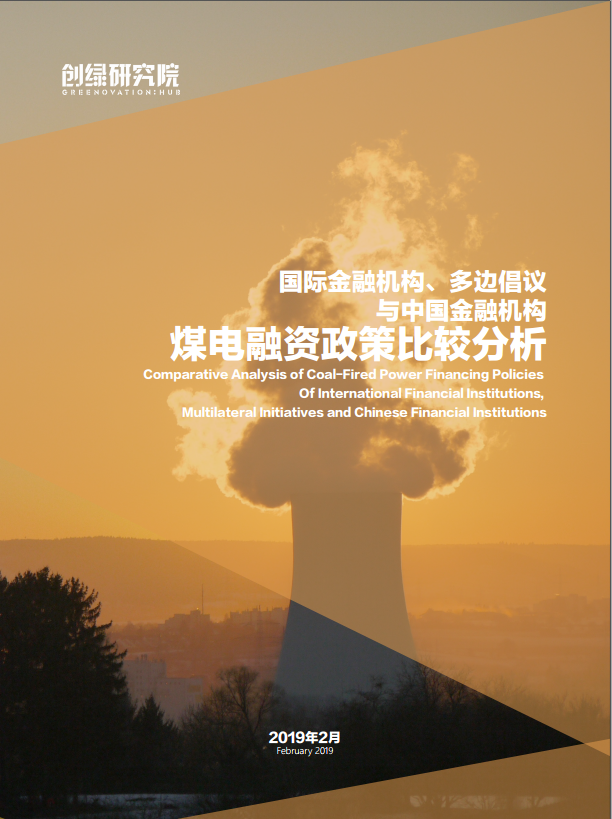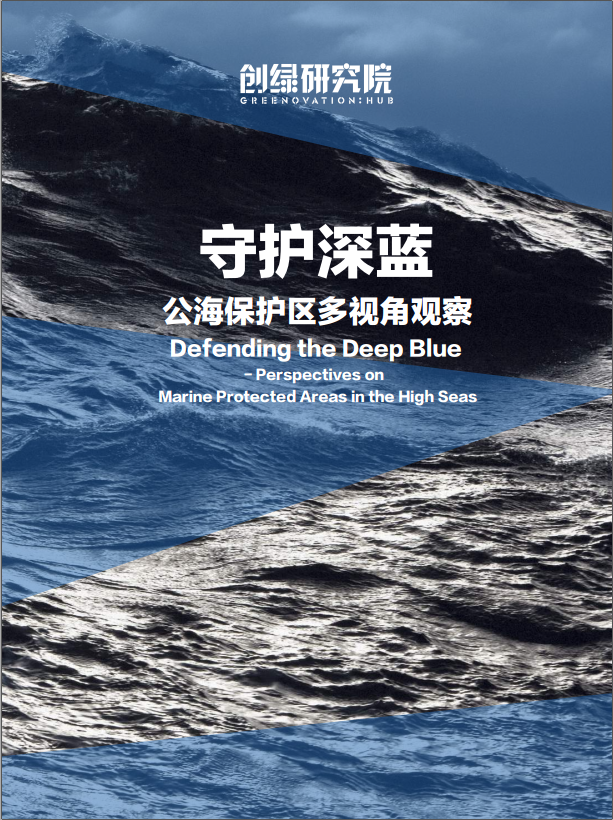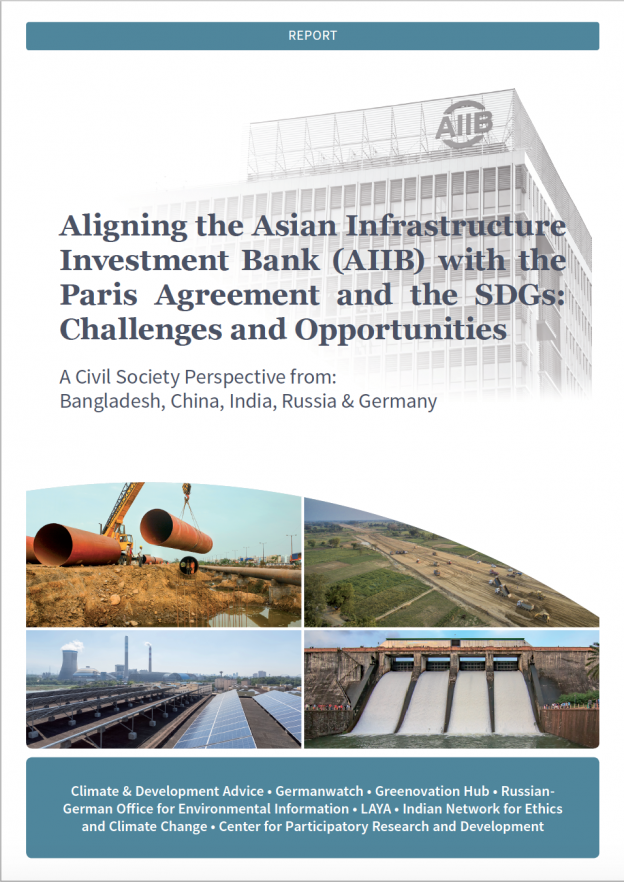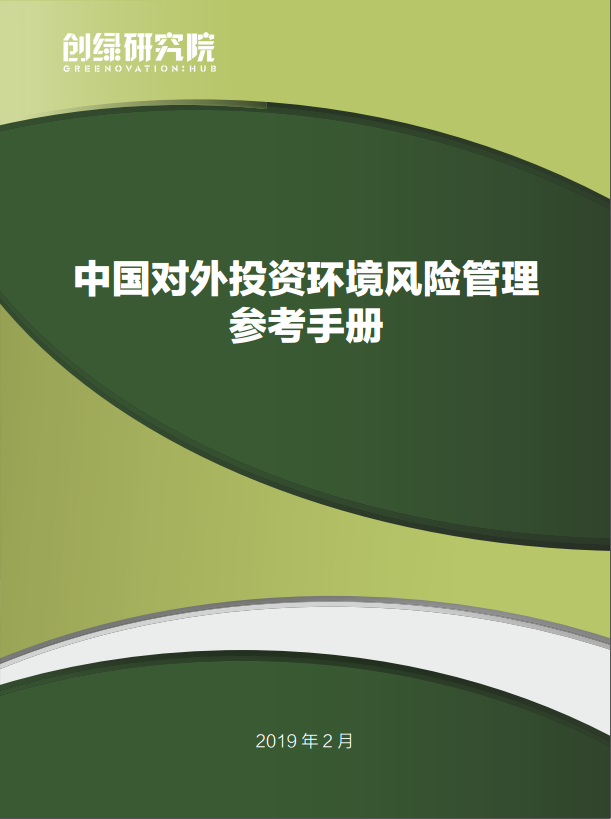
In response to the growing trend of climate change, energy transformation and low-carbon development, more and more government policy-makers and investors are realizing that coal investment activities greatly harm public health and exert much negative impact onthe environment and society. As a result, governments and enterprises will face risks related to finance, reputation and stranded asset. Therefore, they are gradually strengthening and promoting the policies and actions regarding public and social capital to withdraw from the coal industry and migrate to green industries.

The health of the ocean is of the common concern of humanity. While the ocean environmental challenge rose, states have been taken progressive measures to combat the problems within their water. However, the actions to protect the ocean beyond national jurisdiction is falling behind. Focusing on issues relating to the high sea marine protected areas(MPAs) in the context of BBNJ ( conservation and sustainable use of marine biological diversity of areas beyond national jurisdiction), this report tries to illustrate the complexity of high sea governance and elaborate the necessity of protecting the high seas from the perspective of politics, science, management and law.

This report aims to promote the incorporation of sustainability and climate resilience into investment principles and policies of the Asian Infrastructure Development Bank (AIIB), a multilateral development banks co-led by China, which could help capital markets allocate more resources to environmentally friendly, climate-resilient and low-carbon infrastructure investments. The report evaluated whether the Asian Infrastructure Investment Bank has lived up to its promise to be ‘Lean, Clean and Green’ by analyzing the alignment with Paris Agreement and SDGs of AIIB’s environmental and social related strategies and policies, and project implementations.

In order to reduce and avoid social and financial risks arising from environmental factors in China’s overseas investment , and guide domestic institutions to follow the Principles for Responsible Investment, further greening the BRI by fully integrating the notion of ecological civilization and low-carbon into the implementation,and contribute to achieving United Nations 2030 Sustainable Development Goals and goals of Paris Agreement, the Green Finance Committee of Finance Association of China (hereinafter referred to as the Green Finance Committee) established the Task Force on Environmental Risk Management for China’s Overseas Investment in 2017, a move under Environmental Risk Management Initiative for China’s Overseas Investment jointly launched by seven associations and committees subordinated to ministries. Subsequently, Environmental Risk Management Manual for China’s Overseas Investment (hereinafter referred to as the “Manual”) was finalized by the Task Force and was issued at the International Green Finance Forum hosted by Green Finance Committee in April 2018.Authored by GHub and supported by Heinrich-Böll-Stiftung, this report, as the main part of the Manual, mainly includes the objective, scope and general guidelines for environmental risk management of China’s overseas investment, typical environmental risk identification and assessment cases of BRI countries, country-specific climate risk management cases, as well as international conventions, industry norms and national laws and regulations.